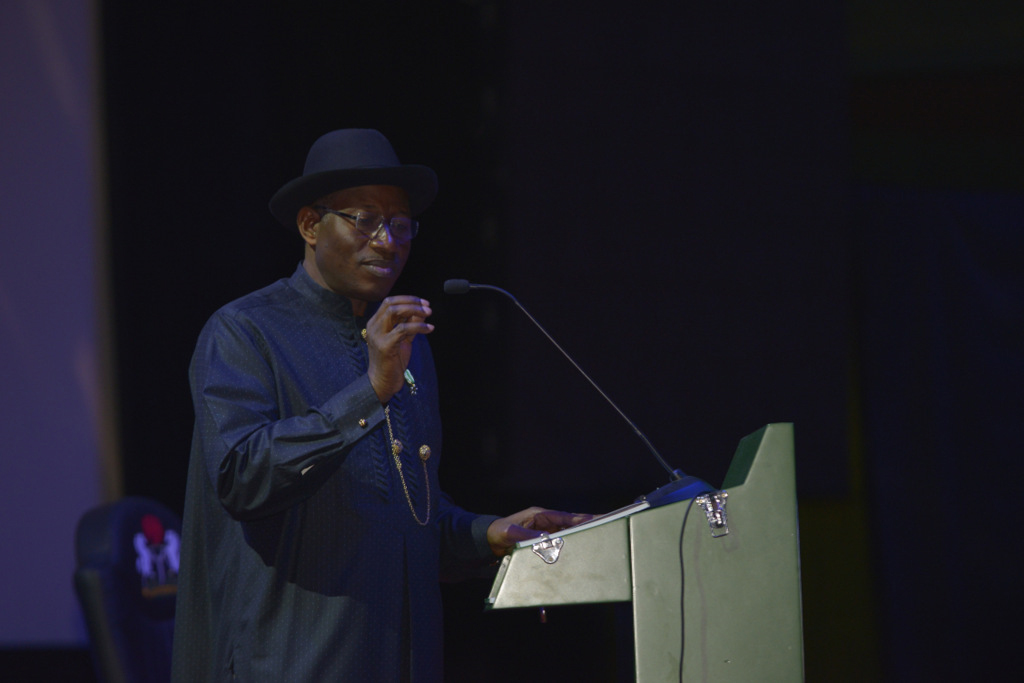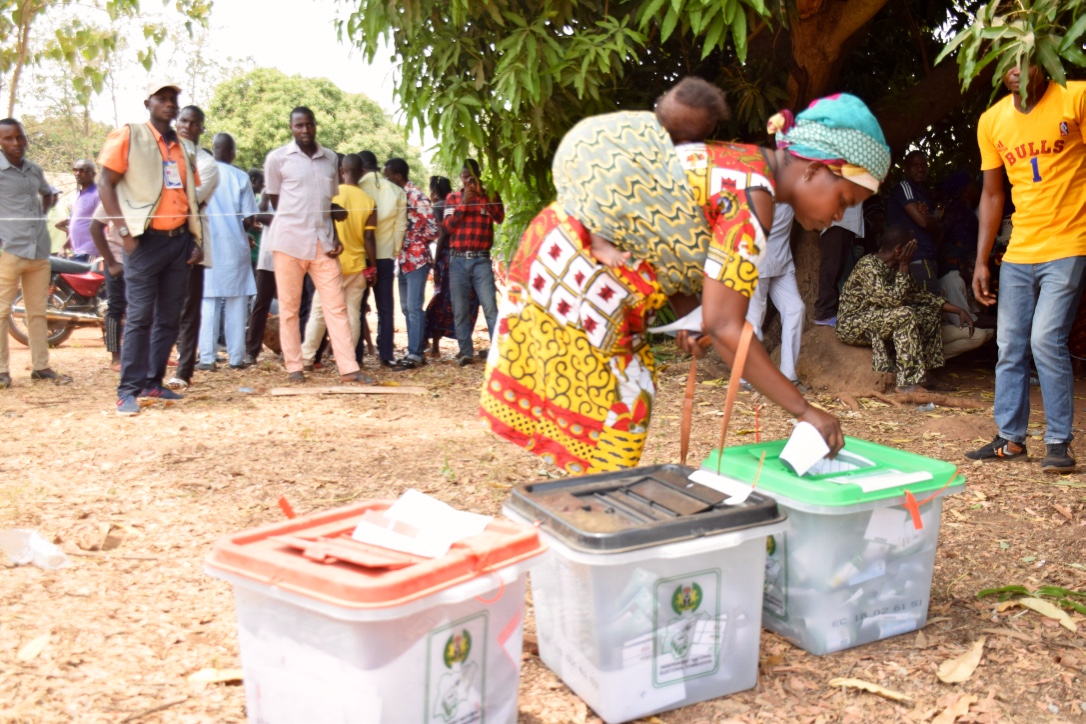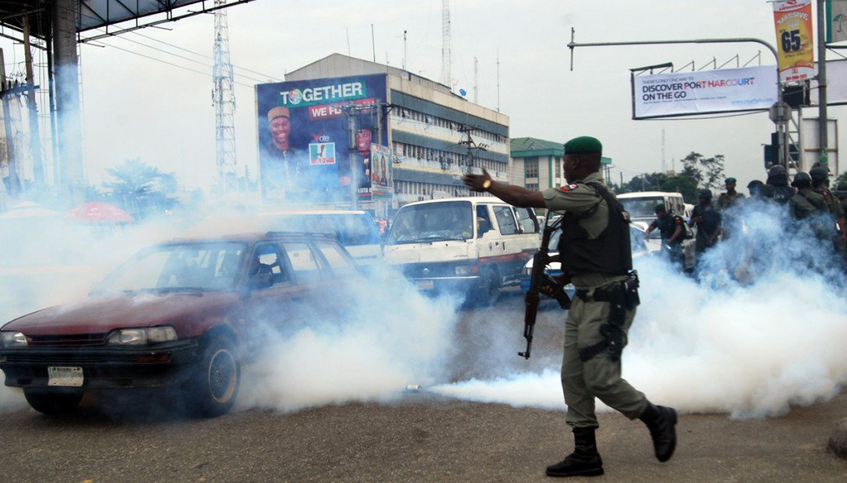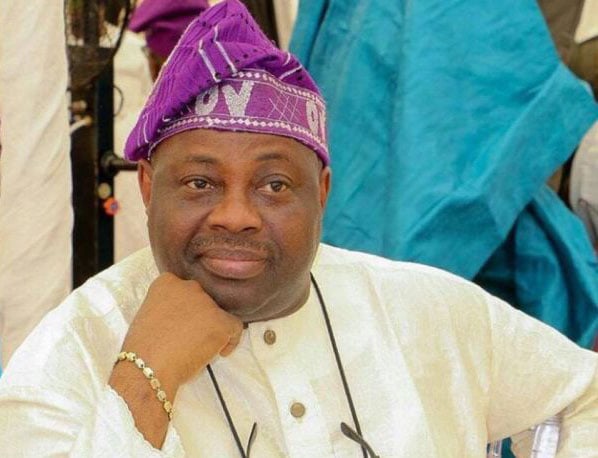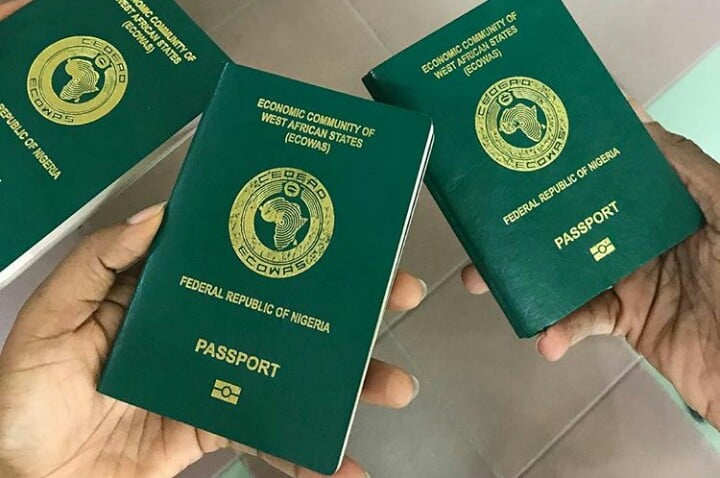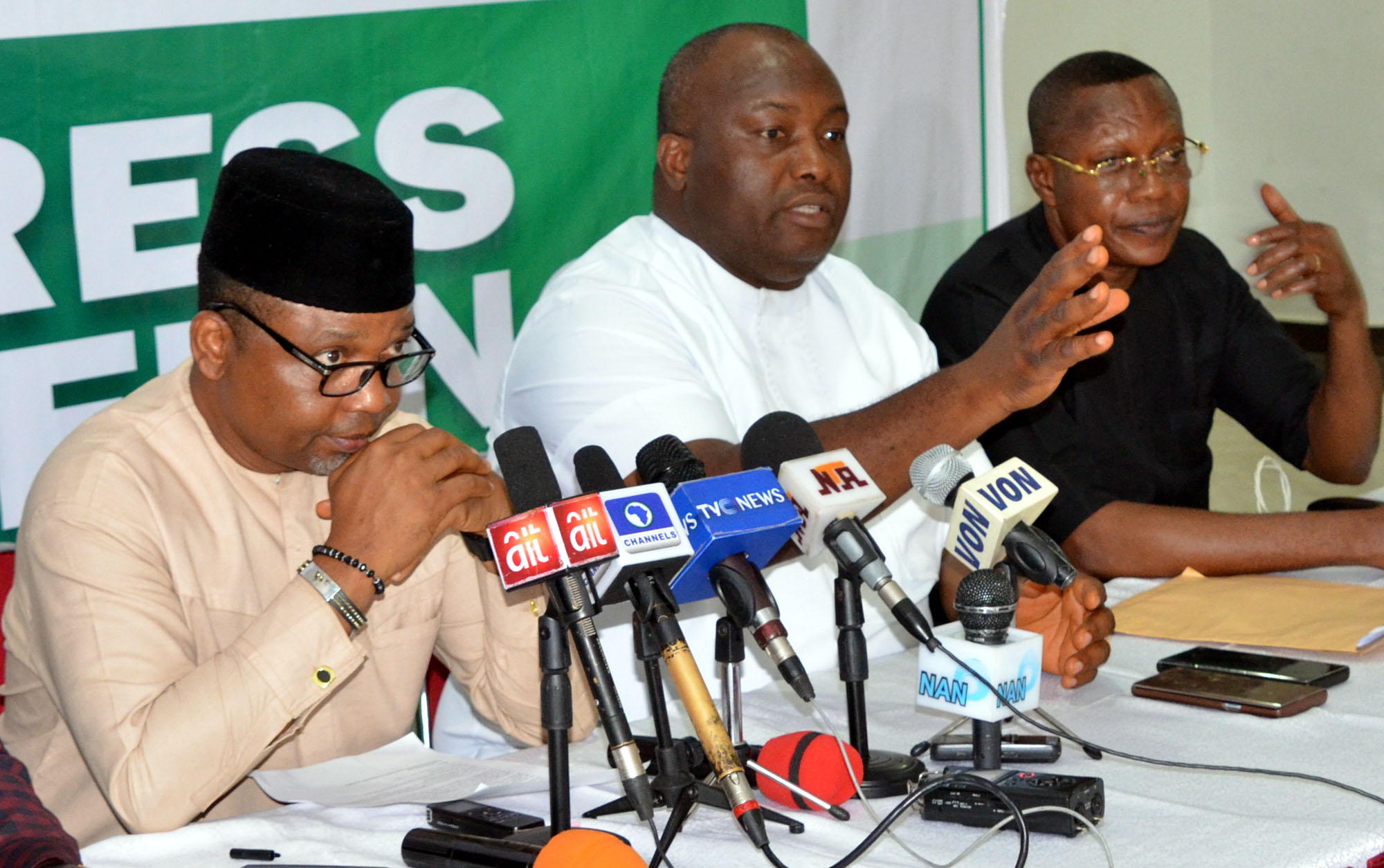BY OLUSEGUN OBASANJO , JOHN DRAMANI MAHAMA, ERNEST BAI KOROMA, SAULOS CHILIMA
The decision to postpone Nigeria’s presidential election, made just hours before polls were due to open, has raised fears about the integrity of the eventual vote. Those fears must not be realized – and not just for Nigeria’s sake. Just as a strong and stable democracy in Africa’s most populous country can serve as a powerful example for the region, a political crisis there would have grave consequences that extend well beyond its borders.
West Africa, home to about 362 million people, is on the path toward democratic consolidation. According to Freedom House, “Southern and West Africa have significantly improved their democratic governance.” This trend has enhanced stability in the region.
In 2019 and 2020, three West African countries – Nigeria, Senegal, and Côte d’Ivoire – will hold general elections, giving them the opportunity either to reinforce or undermine this trend. With elections in Africa having been known to trigger national crises, there is an obvious need for effective electoral management to ensure that the vote is a stabilizing force, not a destabilizing trigger.
Advertisement
Nigeria, Senegal, and Côte d’Ivoire are all led by presidents who came to power as opposition candidates, defying the odds of incumbency. All benefited from regional and international solidarity, as well as citizens’ commitment to – and civil society’s promotion of – democracy. The upcoming elections challenge them to protect the voting systems and respect the values that enabled their rise.
This means, first and foremost, ensuring a level playing field for all candidates and political parties, with incumbents refraining from abusing their power to limit space for opposition candidates. Every politician must follow the rules and respect the outcome. Election-management bodies will be key to ensuring the credibility and fairness of the process.
But, across the region, external support continues to be required to ensure compliance with democratic rules and acceptance of electoral results. In Liberia, Sierra Leone, and Kenya, the combined assets of local and international interlocutors have played key roles in managing controversies resulting from contested elections. In Nigeria, Senegal, and Côte d’Ivoire, similar collective efforts will be needed to overcome the challenges ahead.
Advertisement
While civil society and citizens push for free, fair, and credible elections, the international community – especially African leaders – must apply both diplomatic and moral pressure to ensure that their demands are met. Such international support is particularly important in Nigeria, Senegal, and Côte d’Ivoire, because all three countries are already facing internal crises that threaten to disrupt their democracies.
In Nigeria, grave internal security challenges are arising from a resurgence of the militant Islamist group Boko Haram, an upsurge in kidnappings throughout the country, and escalating violence in the Middle Belt, as farmers and herders fight over limited resources. A fractious electoral process would only inflame existing cleavages.
In Senegal, concerns are mounting among the opposition and civil society over Internet freedom, online activism, and net neutrality – fundamental issues that will demand careful management. In this context, political tensions over the disqualification of presidential candidates – including the incumbent’s two main challengers – raise major risks.
Côte d’Ivoire, meanwhile, has yet to complete the process of national reconciliation following its 2011 civil war, which was spurred by a dispute between then-President Laurent Gbagbo and his challenger, Alassane Ouattara, over the result of the 2010 presidential election. Gbagbo’s recent acquittal by the International Criminal Court, together with the collapse of the country’s ruling coalition, compound the difficulty of ensuring continued democratic consolidation.
Advertisement
If managed effectively, challenges that could disrupt democratic progress in the region could instead provide opportunities for further gains. While these countries bear the primary responsibility for navigating their challenges, regional neighbors and the broader international community must also contribute, by helping to strengthen conflict prevention and management and promoting free, fair, and credible elections.
It is particularly important to support civil society’s work in these countries, especially with regard to citizen mobilization, documentation of violations, addressing the scourge of fake news, and conflict prevention (including early warning) and management. Nigeria, Senegal, and Côte d’Ivoire also need credible transnational platforms to complement existing local mechanisms to prevent and resolve conflicts. The region and the broader international community should support such institutions.
The international community must also emphasize – through public statements and behind-the-scenes engagement – the need for politicians and officials in these countries to respect electoral rules, protect institutions vital for democracy, and put the welfare of citizens and sustainable development first. Election-management bodies must be insulated from undue political interference and given space to carry out their work.
Finally, the international community must encourage gatekeepers of the electoral process to approach their work with integrity and neutrality. This demands close observation by international observers.
Advertisement
Support for credible democratic elections in Nigeria, Senegal, and Côte d’Ivoire is essential. If these countries descend into political crisis, the security, humanitarian, and economic consequences for the entire region will be grave. These are not problems the world wants to manage right now.
Conversely, successful elections in these countries would strengthen democracy, enhance national and regional stability, and support continued economic development. With citizen determination, domestic political will, and international solidarity, this outcome is within reach.
Advertisement
Those behind the articles are ex-Presidents of countries in West Africa.
This article first appeared on Project Syndicate.
Advertisement
Views expressed by contributors are strictly personal and not of TheCable.
Add a comment

